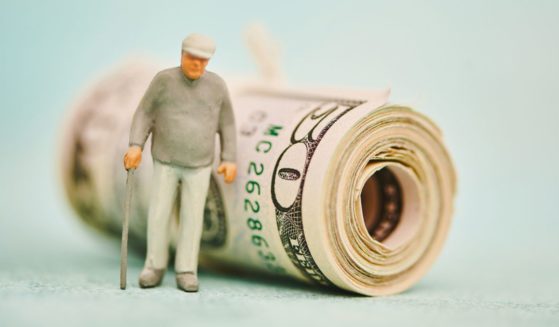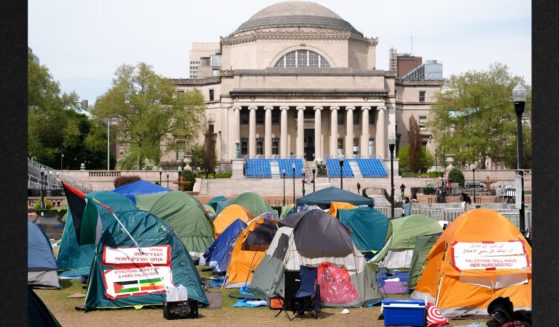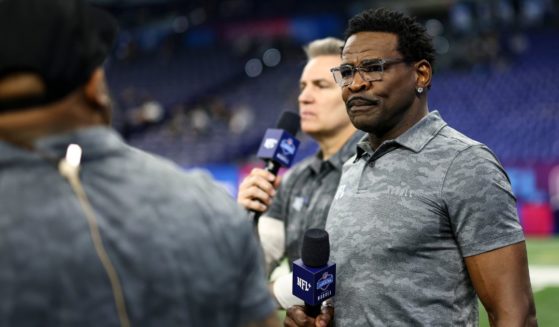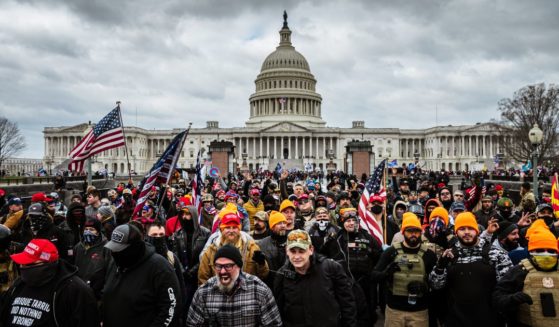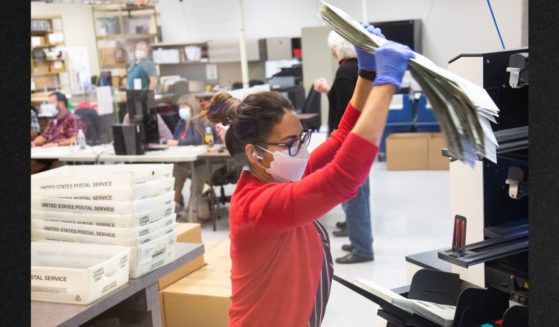Trump Isn't the First President to Be Arrested
Donald Trump is the first president to be impeached twice, and he is the first former president to be indicted twice.
He is not, however, the first president to be arrested.
In an April interview with NPR, historian John F. Marszalek, a William L. Giles Distinguished Professor Emeritus at Mississippi State University, noted that a Washington policeman once placed President Ulysses S. Grant under arrest.
In 1872, William West, one of the city’s two African-American police officers, stopped President Grant for speeding.
That’s correct. Near the end of his first term in office, a sitting president, the former Commanding General of the United States Army, ran afoul of the law for driving his horse and buggy too fast down a street in Washington, D.C.
A man of legendary aggressiveness on the battlefield, Grant apparently had no more patience for metropolitan traffic laws than he did for dawdling generals.
Nor was this Grant’s first offense.
Marszalek explained that Officer West, a former slave and Union war veteran, had given Grant a warning only a day earlier.
In 2012, Cathy Lanier, who then served as D.C. police chief, told WTOP-FM that officers “actually stopped and cited Ulysses S. Grant three times for speeding.”
No matter the president’s actual number of violations, his encounter with Officer West is of special interest.
According to the National Law Enforcement Officers Memorial Fund, West approached President Grant with a mixture of embarrassment and resolve. “I am very sorry, Mr. President, to have to do it, for you are the chief of the nation and I am nothing but a policeman, but duty is duty, sir, and I will have to place you under arrest,” West said.
Marszalek told NPR that Grant was gracious about the arrest. No doubt the former general appreciated an officer doing his duty.
Modern readers might be jaded enough to dismiss the Grant-West exchange on several grounds.
They might note with disapproval, for instance, that West was one of only two African-American police officers in the entire city. Or, they might read racial paternalism into Grant’s graciousness.
The real story, however, is of a moment in time when better things seemed possible.
After all, Grant’s democratic sensibilities allowed him to respond to West’s authority in a way that no plantation grandee ever would have.
Furthermore, this was 1872, a time of substantial and meaningful optimism on the civil-rights front.
One year earlier, on April 20, 1871, Grant had signed into law the Enforcement Act, also known as the Ku Klux Klan Act. Under this new law, Grant used the U.S. Army to destroy the Reconstruction-era South’s most notorious terrorist organization.
The Klan would rise again, but neither Grant nor West knew that when they encountered one another on the streets of Washington.
As far as they knew, the Civil War was over. Congress had passed the Fourteenth and Fifteenth Amendments guaranteeing equality under the law and voting rights regardless of color.
In 1870, Hiram Revels of Mississippi became the nation’s first African-American U.S. senator.
“Back then,” students sometimes say, “things were different.” Yes, but they were not always worse.
In 1872, the ugliness of Jim Crow — of legal segregation based on race — lay in the future. We are apt to forget this when we treat the past as a monolithic “back then.”
Of course, modern racial attitudes did not prevail in the late-nineteenth century. One need only read Frederick Douglass’s autobiographies to understand the depth of prejudice black Americans endured in both the North and South.
On the other hand, history is never a record of steady progress. Sometimes, it is not a record of progress at all.
Officer West arrested President Grant at a time when prospects for racial equality appeared brighter than they would for another century.
Beyond mere curiosity, that is the real story of the first presidential arrest.
Truth and Accuracy
We are committed to truth and accuracy in all of our journalism. Read our editorial standards.


